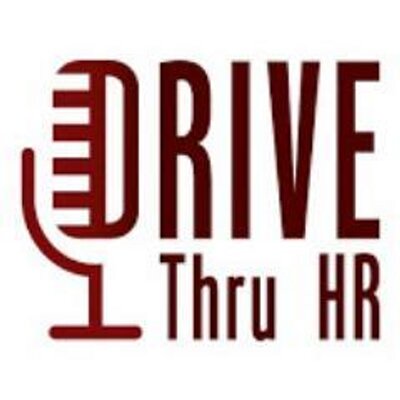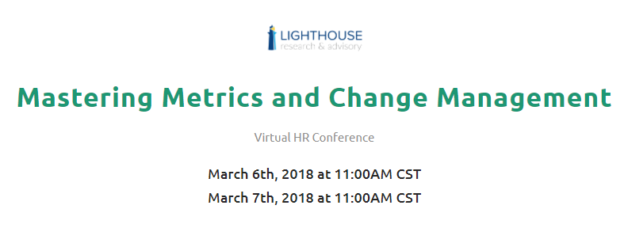Category: General
-

I’ll be at #SHRM18 — My Interview on #DriveThruHR
Last week I had a quick conversation with my long-time friend Michael Vandervort on the DriveThruHR podcast. As one of the official social media team members for the SHRM 2018 Annual Conference, Mike wanted to chat about me, my background, and my current projects as a lead-in to the event. It was one-sided (as interviews…
-
![Workers Feel The Pressure of the Skills Gap Around the World [Podcast]](https://upstarthr.com/wp-content/uploads/2018/02/shelley-osborne.jpg)
Workers Feel The Pressure of the Skills Gap Around the World [Podcast]
As HR leaders, we’re well aware of the skills gap. Hiring and retaining workers for key roles is what takes up a key part of our mental energy on a daily basis, but what about the workers themselves? In a new report that analyzes global worker opinions, it is clear that the skills gap is on…
-

Case Study: Using Hackathons to Attract, Develop, and Engage Talent
“This message will appeal to people in our recruiting process who gravitate towards a culture of hackathons and innovation. It will also turn away others that don’t fit.†Gary Bolton, Vice President of Marketing at ADTRAN I recently had the pleasure of connecting with a handful of key staff members at ADTRAN in Huntsville, Alabama,…
-
![How Does AlliedUniversal Hire 90,000 Workers a Year? Referrals and PURPOSE [Podcast]](https://upstarthr.com/wp-content/uploads/2018/02/AUS_headshots_Catherine-King.jpg)
How Does AlliedUniversal Hire 90,000 Workers a Year? Referrals and PURPOSE [Podcast]
How many people did your firm hire last year? 10? 100? 1,000? While it’s not a contest, there are lessons to be learned from organizations that hire more people, because they have the process down to a science. Today we’re going to hear from the head of hiring operations at AlliedUniversal, one of the largest…
-

Mini Virtual HR Conference: HR Metrics and Change Management (2 Free Business Credits)
In the last few weeks I’ve had the pleasure of visiting Toronto and the Caribbean to speak about metrics, evidence, and leading change. It’s been wonderful to speak to hundreds of HR pros between the two events, but I also realize that many of you are looking for quality content and conversations to improve your…
-

The Hidden Battle for SHRM and HRCI Recertification Credits
Today I’m going to talk openly and honestly about SHRM, HRCI, and things that matter to today’s HR professionals. I have my SHRM-SCP and my SPHR, and I expect to keep them both for the foreseeable future. I think both have merit as of today (February 2018). But maybe that is going to change… Newsflash:…
-
![HR Technology Vendor Demos: The Good, The Bad, and The Ugly [Podcast]](https://upstarthr.com/wp-content/uploads/2018/02/george-larocque.jpg)
HR Technology Vendor Demos: The Good, The Bad, and The Ugly [Podcast]
One of the aspects of my job that I love is helping HR leaders select the right technology for their firms. (Thinking about changing technology this year? Let’s talk.) How many vendor demos have you been through lately? Could the demo have been run more smoothly? Were there any issues? Do you have pet peeves…